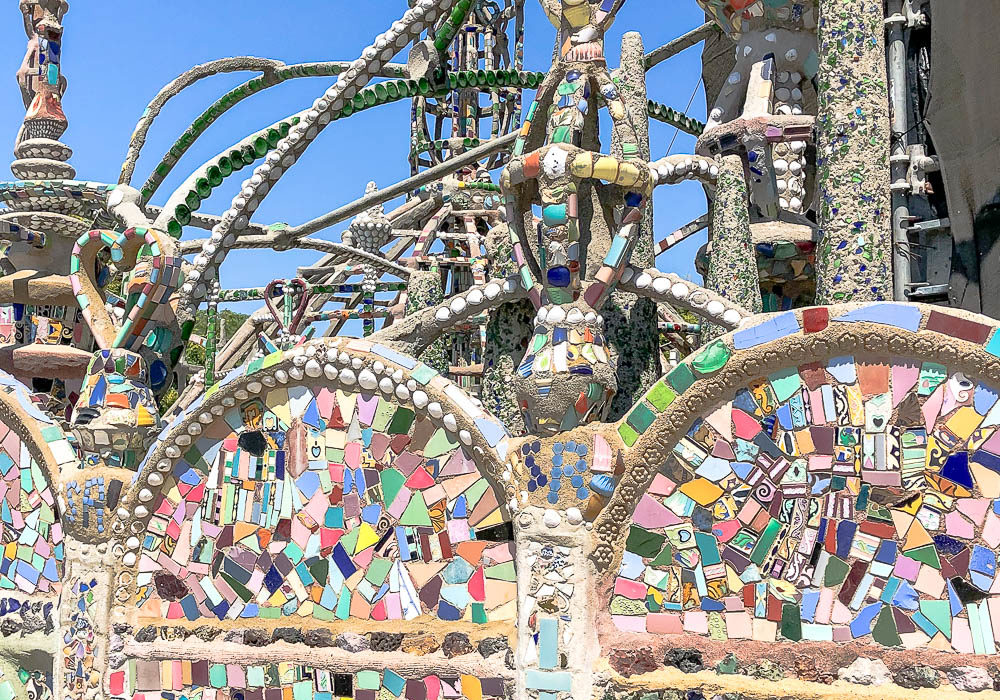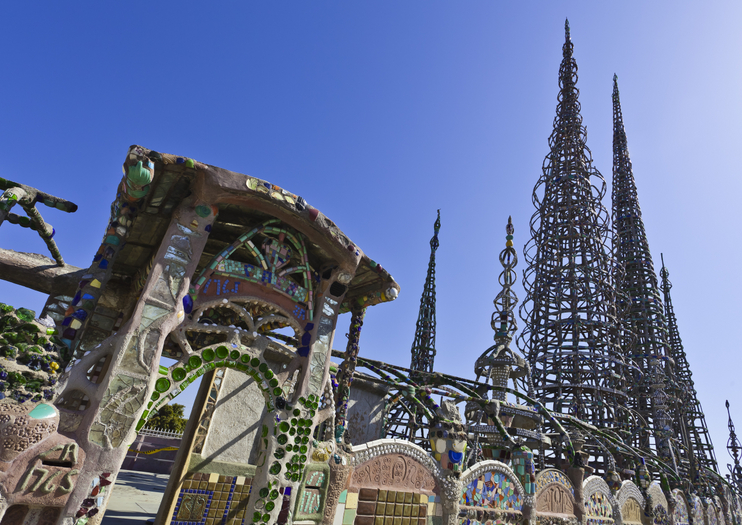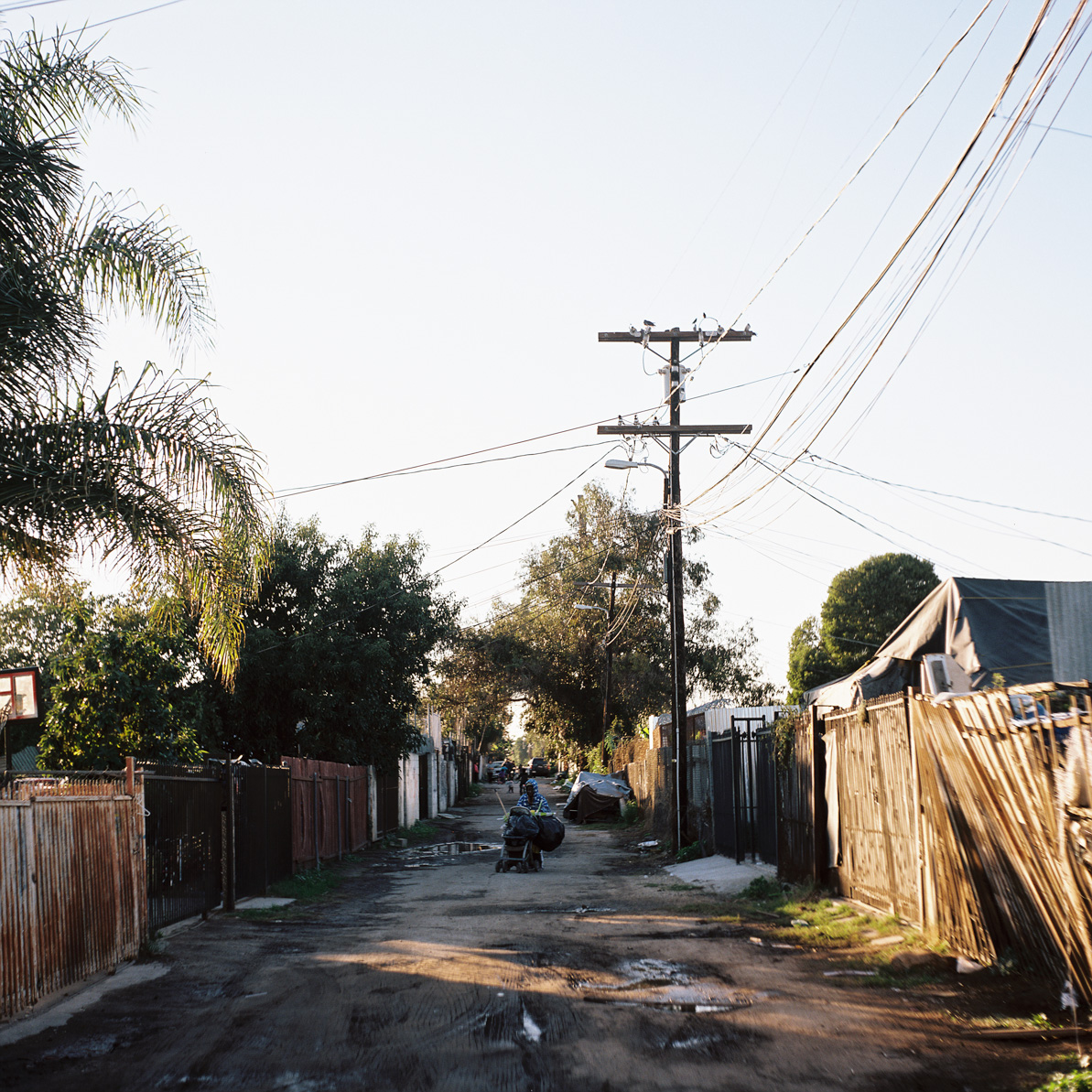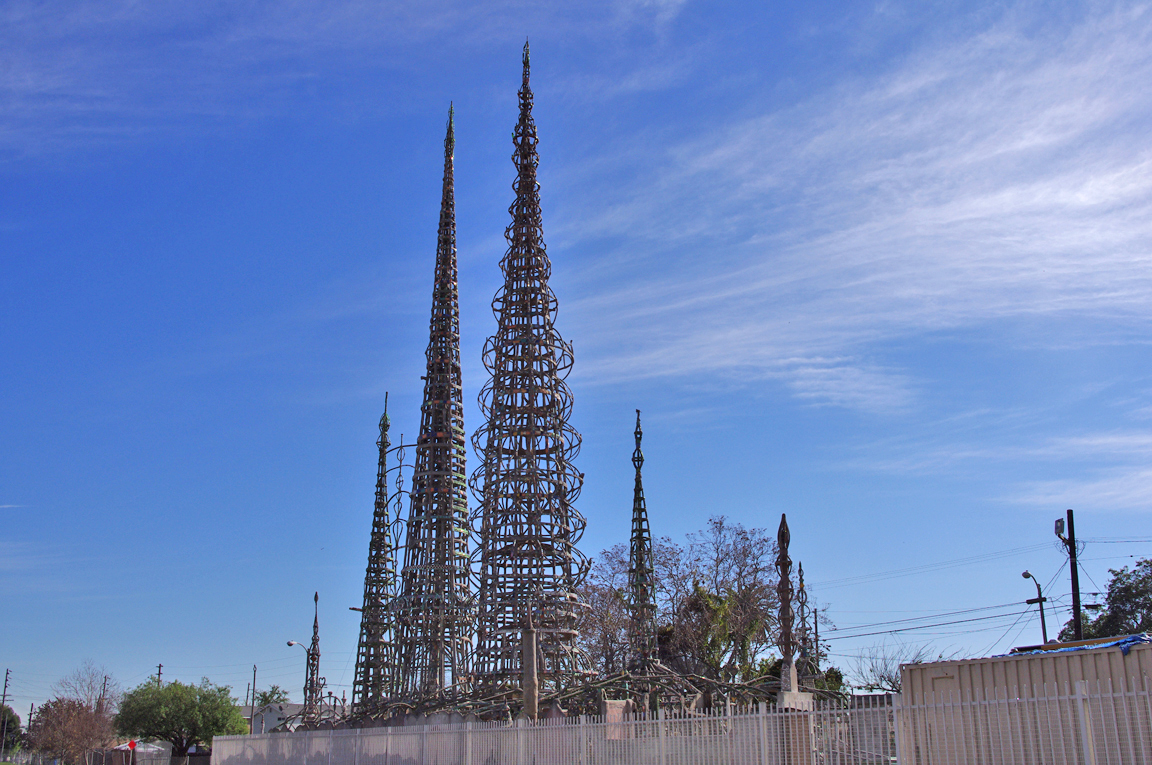

Many of the businesses that burned were never rebuilt. Marcus Murchinson, who preaches at the Tree of Life Missionary Baptist Church and also runs a charter high school, drug rehab clinics and offers health care. Residents of Watts are still living with collateral damage from 1965, said the Rev. "Every dirty cop that took a Black life, that took a Latino life without cause, we want them in prison because that's what they did to us." They always had a system to keep us locked up, to keep a knee in our neck," Joubert said. "It's been a crooked system when it came to us. Only two officers in Los Angeles County have been prosecuted for on-duty killings in the past 20 years, a period in which close to 900 people, mostly Black and Latino, have been killed by law enforcement.

He wants to see more done to prosecute police for brutality and fatal shootings. The officer may get transferred, though Joubert is concerned that just moves the problem to another neighborhood. If there are reports of an abusive officer - someone roughing people up or prone to stopping cars without cause - they tell the captain. He's also vice president of the Watts Gang Task Force, which meets weekly with police. Maxine Waters of California he eventually got a job at the Los Angeles Housing Authority, where he's now a grounds supervisor. Like some young men in the area, Joubert joined a gang and ended up in jail.īut at 20, and with a young daughter, he got a second chance. "What really shocked me was I look up and I see the same guys I was holding were walking through the development with guns on their shoulders," Joubert said. When he saw National Guard troops walking outside, Joubert thought his plastic toy soldiers had come to life.
Watts los angeles tv#
Smoke filled the air and adults wept in front of a black-and-white TV tuned to images of their community burning and widespread looting. While some gains have been made, those who live here say the area has a long way to go to overcome decades of neglect.īlack residents, people born here and those who work to make life better in Watts spoke to The Associated Press about the challenges they faced and those that remain.ĭonny Joubert remembers the chaos of 1965 through the eyes of a 5-year-old. One of Watts' major public housing developments, Jordan Downs, is being rebuilt with a nearby retail shopping complex.Ī government commission that studied the cause of the rebellion called for better police-community relations and more low-income housing, along with better schools, more job training, more efficient public transportation and better health care. Improvements over the years include a more diverse Los Angeles Police Department that better reflects the city's population. The violence reflected pent-up anger over an abusive police force, a problem that has ebbed but not entirely faded, according to those who live here.

11, 1965, in a nearby neighborhood after the drunken driving arrest of a young Black man by a white California Highway Patrol officer. Watts has changed from an exclusively Black neighborhood in the 1960s to one that's majority Latino. "We realize our community is not going to be built again." "People have learned from the history to say we're not going to burn our community," said state Assemblyman Mike Gipson, who was born in Watts a year after the turmoil.

Those who lived through those frightening days and those who grew up in its aftermath are keenly aware of that past and the lessons it taught. Watts has never fully recovered from fires that leveled hundreds of buildings or the violence that killed 34 people - two-thirds of whom were shot by police or National Guard troops. There was violence and looting in some places, including Los Angeles, but not in LA's Watts neighborhood, forever linked to an uprising that broke out in the segregated community 55 years ago and became known as the Watts riots.ĭemonstrators made a point not to go into Watts or other poor neighborhoods this time. Protesters filled the streets around the country in late May and June following the Minneapolis police killing of George Floyd, demanding an end to police brutality. There was no looting, no shooting and no National Guard troops patrolling.


 0 kommentar(er)
0 kommentar(er)
